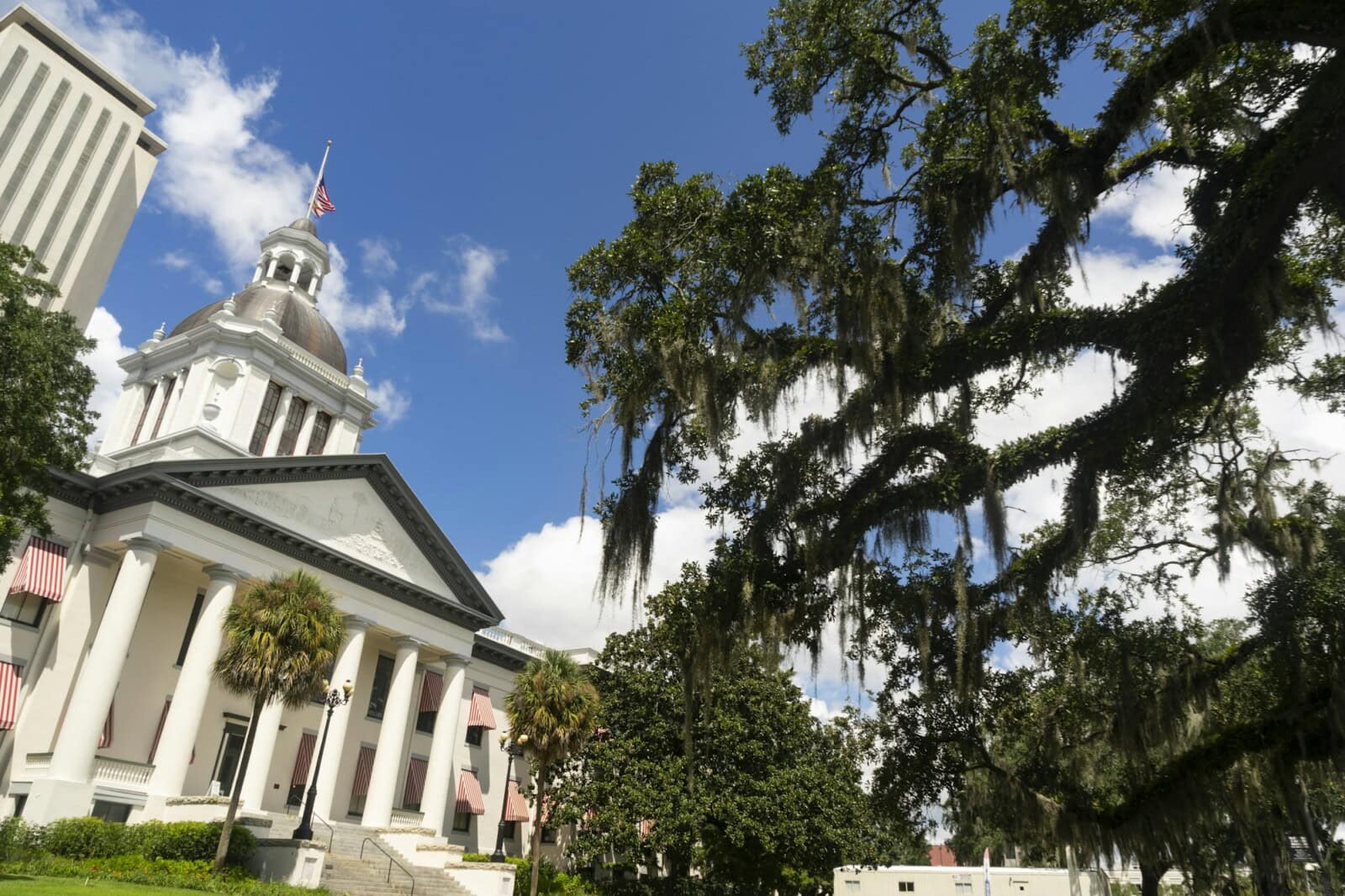The Florida State Legislature enacted several changes to criminal law in 2024, including some pretty significant updates to Florida’s bail requirements. These changes are intended to improve the overall fairness and efficiency of the criminal justice system in Florida.
House Bill 1627 was signed into law on May 1, 2023, and went into effect on January 1, 2024. It enacted these unprecedented changes to the protocols for the release and detention of pretrial detainees.

These adjustments to Florida's bail rules represent a significant shift in the state's approach to the release and detention of pretrial detainees. By promoting uniformity and fairness in the bail process, it is hoped that the changes brought about by House Bill 1627 will ultimately lead to a more just and effective criminal justice system in Florida.
The Historical Context of Bail Laws
In the past, bail laws and policies in Florida varied widely from county to county, leading to inconsistencies across the state. However, recent changes have attempted to bring more uniformity and fairness to the system.
Bail laws aim to balance two competing interests: ensuring defendants show up for their court dates while protecting the community from potential harm. Over time, the state has repeatedly adjusted its policies for releasing and detaining defendants in pretrial detention to reflect changing societal values and priorities.
What Are The Key Changes In House Bill 1627?
With the new changes to bail rules in Florida, law enforcement agencies such as police and sheriffs must adhere to the statewide uniform bail rule established by the Florida Supreme Court.
The changes outlined under HB 1627 include:
- Establishing a uniform bail schedule for the entire state, as prescribed by the Florida Supreme Court, to ensure uniformity in bail amounts for similar offenses
- Authorizing the chief judge of each judicial district to set a lower bail rate
- Requiring certain arrestees to await their initial appearance before being released
- Give courts the authority to revoke pretrial release and order detention if defendants threaten the community or fail to comply with release conditions.
The legislation also stipulates that certain arrested persons may not be released until their first appearance, adding a layer of scrutiny to the pretrial release process. This provision underscores the bill's intent to balance the rights of the accused with public safety concerns.
Court Procedures And Defendant Appearances
The new law also streamlines court proceedings and improves the predictability of defendants' appearances. As a result, you can expect a more organized system for court dates and bail hearings.
Judicial officers are now responsible for setting, reducing, or modifying a defendant's bail. The judge's primary goal is to balance public safety concerns with your rights. They'll ensure that the bail set is fair and consistent while protecting the community and preserving your rights as a defendant while you await trial.
Local Enforcement And Bond Schedules
Previously, local law enforcement agencies were free to apply their own bail rules. With these reforms, individuals arrested for similar offenses can expect uniform bail decisions and conditions throughout the state.
Local authorities must update their procedures to reflect this new bail regime. However, it's important to note that these adjustments primarily affect non-dangerous offenses. The new law authorizes judges to deny bail and impose pretrial detention for arrests related to dangerous crimes.
Controversies And Public Safety Concerns
By standardizing the bail bond schedule, the bill aims to eliminate disparities and potential biases in the pretrial detention system, thereby promoting a more equitable legal process. However, some Floridians have raised concerns about potential threats to public safety.
Public Safety And Dangerous Offenders
Dangerous offenders, such as sex offenders and violent career criminals, are at the center of these fears. Some critics argue that relaxing bail requirements could make it easier for these high-risk individuals to return to their communities before trial, ultimately posing a danger to community members.
However, not all changes to bail rules aim to reduce or eliminate bail. For example, one of Governor Ron DeSantis' new directives makes it more difficult for judges to reduce bail amounts. This legislation prevents a judge from setting bail below the amount prescribed by the Florida Supreme Court. It prohibits individuals charged with violent or sexual offenses from receiving a lower bail amount.
Community Response And Adjustments
As with any legal reform, the impact of the changes to the bail system will depend on how they are implemented and the extent to which communities and justice systems can adapt. Community reactions to these changes have been varied, with supporters highlighting the potential benefits for those who cannot afford high bail amounts.
The balance between maintaining public safety and ensuring fairness in the bail system will be critical. As communities continue to respond and adapt to these new regulations, it's important that they stay informed and engaged in the discussion.
Have You Been Charged With A Crime In Florida?
If you or a loved one has been charged with a crime in Florida and are seeking pre-trial release, it’s important to speak with an attorney as soon as possible. An experienced criminal defense attorney will advocate on your behalf and fight for the lowest possible bail at your first court hearing.
Click here to schedule a free consultation with an experienced criminal lawyer at Weinstein Legal Team, or give us a call at 888.626.1108 to speak with an attorney right away.


